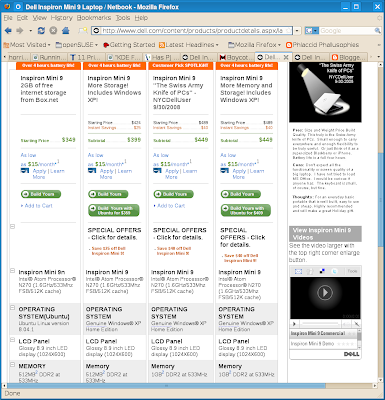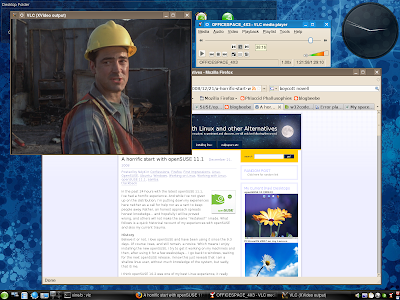If at first you don't succeed, fail again

In my first taste of Mono on openSUSE 11.1 I was left with a flat taste in my mouth (so to speak). So I blogged about those experiences, and then I got this response from Micheal Hutchinson: I'm sorry your MonoDevelop experience hasn't been great so far. I'm not aware of any reported crashers on 11.1, but if you get stack traces, could you please file bugs so that we can fix them? It's been a long time since MD 1.0 was released and in many ways the 2.0 alphas are more stable. I'm building MD trunk builds on the openSUSE Build Sevice, which should be relatively stable until 2.0 is formally released. There's even a 1-click install. You maybe also find that some problems are fixed by upgrading GTK# to 2.12.6 from the Mono repository. FWIW, the particular errors you've pasted in your post can safely be ignored. Various Mono debug files (.mdb) seem to be missing, but they aren't strictly needed for MD. Maybe the stock oS 11.1 has these in separate packages. ...




